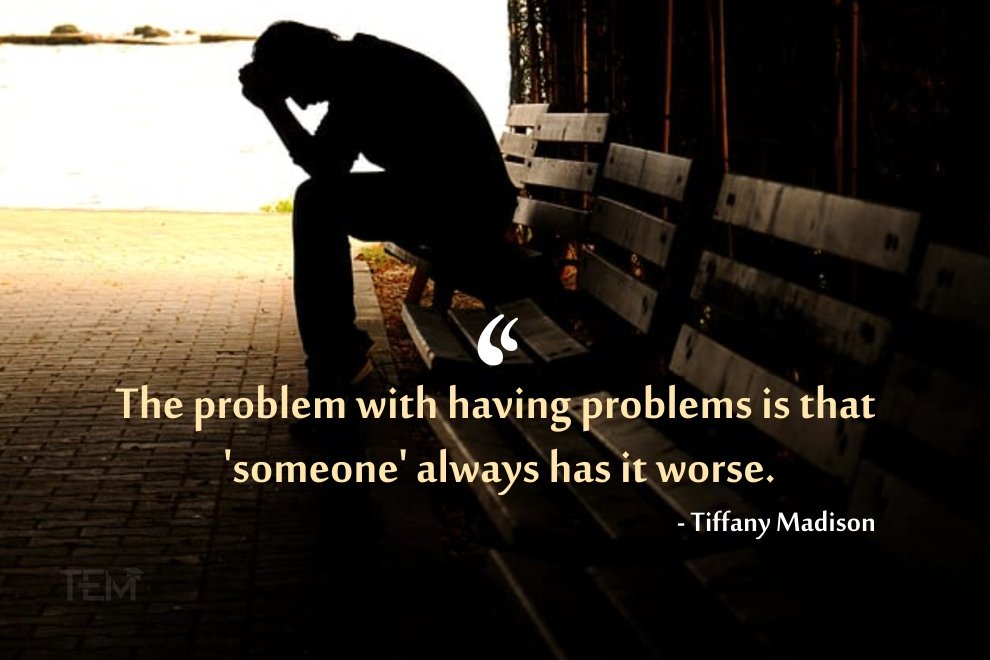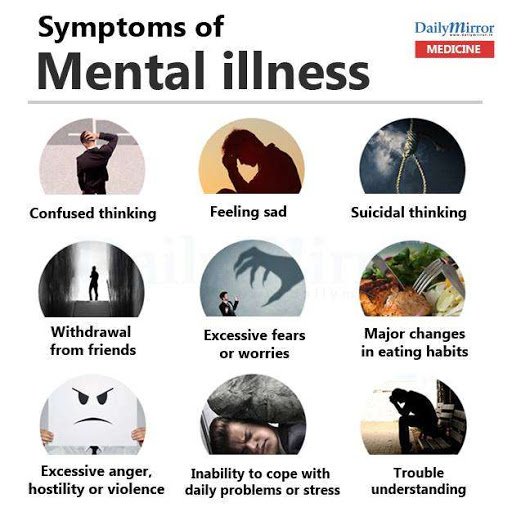
WHAT IS MENTAL HEALTH?
Mental Health is a state of the human mind that is free of any mental illness. If someone is functioning at a satisfactory level of emotional and behavioral adjustment is considered to be a mentally healthy person. Mental health is very important in every aspect of life, from childhood to adulthood, mental health includes the satisfactory level of the human’s social, emotional, and psychological state of well-being that affects the thinking and feelings of the human being.
The WHO stress that mental health is “more than just the absence of mental disorders or disabilities”.
In this article, we will discuss the importance of mental health, mental illness, and its impacts on the individual’s life.

IMPORTANCE
Why is mental health so important?
About more than 450 million people are suffering from mental disorders as people are not aware of rational health and they don’t pay attention to it and as a result, they suffer. Thus, mental health is linked to behavior and is seen as fundamental to physical health and quality of life.
- Physical health and mental health are closely related. If a person is suffering from any mental illness that will affect the person physically too.
- It can also affect personal health behavior like eating habits, regular work out, sleep, which will lead to physical illness.
- It can also lead to social problems like unemployment, broken families, poverty, drug abusement related crimes.
- Poor mental health creates diminishing immune functioning.
- This mental illness can cause various disorders like anxiety disorder, depression, and mood disorder.
WHAT IS MENTAL ILLNESS?
Mental illness is also known as mental health disorders, which refers to a wide range of mental health conditions-disorders that can affect our mood, thinking, and behavior. Examples of mental illness include depression, anxiety disorders, eating disorders, and addictive behaviors.
Many people have mental health concerns from time to time. But mental health becomes a mental illness when all the signs and symptoms become a cause of frequent stress and affect the ability to function.

TYPES OF MENTAL ILLNESS
There a wide range of conditions that can affect mood, thinking, and behavior of a person some of them are:
- Anxiety Disorder- This is a very common mental disorder among youngsters which is characterized by consisting depressed mood or loss of interest in activities.
- Bipolar Disorder- A disorder associated with lots of mood swings ranging from depressive locus to manic highs.
- Schizophrenia – A disorder that affects a person able to think, feel and behave properly
- Obsessive-Compulsive Disorder (OCD)- Excessive thoughts or obsessions that lead to repetitive behavior.
- Post-traumatic Stress Disorder (PTSD)- A disorder characterized by failure to recover after experiencing or witnessing a terrifying event.
As we have already discussed mental health that how it is associated with our emotional and psychological and physical state. If any person is experiencing mental health problems like changes in thinking, mood, or behavior over a long period of time, then there can be many factors that contribute to the mental health problems of a person.

FACTORS OF MENTAL ILLNESS
- Biological factors- It consists of anything physical that can cause adverse effects on a person’s mental health. This includes genetic, or brain chemistry, etc.
- Life Experiences- Life experiences include all those experiences which can change a person emotionally, physically, and mentally. The experiences that can cause unexpected trauma to a person’s mind are an accident, an emotional breakdown, family issues, alcohol, and drugs, love interest, or any unexpected or unfortunate life experiences which change the life and his perceptions towards life.
- Family History- If any family is having genetically disorders of mental health that also can be factors of mental illness.
- Social and community activities- Good friendships can help in bringing to mental health. People who isolate themselves are more likely to struggle a lot with mental issues.
SYMPTOMS OF MENTAL ILLNESS
The signs and symptoms of mental illness can vary depending on the disorder and other factors. There are some examples of signs and symptoms :
- Feeling sad or down.
- Confused thinking or reduced ability to think.
- Excessive mood changes of highs and lows.
- Extreme fears or worries or extreme feelings of guilt.
- Withdrawal from friends and activities.
- Headaches
- Significant tiredness, low energy, or problem of sleeping.
- Inability to cope with daily problems or stress.
- Problems with alcohol or drug use.
- Back pain
- Major changes in eating habits.
- Sex drive changes
- Excessive anger, hosting, or violence.
- Suicidal thinking
- Stomach pain, etc

MENTAL HEALTH AWARENESS

According to the report of WHO, the suicide rate in India in 2015 is higher than the regional average of 12.9 and the global average of 10.6. Suicide is the leading cause of death among the peoples with age groups 15-29 in India. Mental health awareness is a major concern worldwide but if we evaluate developments in this field of mental health is slow. “Without mental health, there can be no true physical health.” Dr. Brack Chisholm, the first director-general of the WHO, in 1954.
Mental health awareness campaigns have yielded positive outcomes. Now let us talk about “How committed is India to mental health?”
India merely spends the equivalent of less than a percent of mental health patients annually. According to WHO, over 90 million Indians, or 75% of the country’s population of 1.3 billion, suffer from mental disorders. They don’t think they need it. There are several ways someone who needs mental health care might not know it. At first, they simply deny it. Even if someone recognizes his mental illness problems, they will come up with reasons they don’t need help.
The second way that might be they’re not even aware of what they’re experiencing is a recognized mental health issue.
There can be some practical issues that make things harder such as availability, especially for rural areas. where people are unaware of mental disorders and even about its treatment and even sometimes people don’t try to talk about it to another person because of social judgment.
Due to such circumstances, a person losses all hopes and try to commit suicide. And according to government statistics, suicide was the leading cause of death among young people between the age of 15 to 34 years. Most suicides are related to depression and many other mental disorders.
All these above can be curved by just adding some effort.
The following are ways to boost up your mental health:
- Value yourself
- Take care of your body by eating nutritious meals, drinking plenty of water, exercise, and get enough sleep.
- Share your emotions with your loved ones. Surround yourself with your supportive family members and friends.
- Try to do something new or give time to your hobbies.
- Learn how to deal with stress.
- Try to accept all those life experiences/realities of life.
- Try to calm your mind through meditation or prayer
- Avoid any kind of addiction (smoke and alcohol).
- Need not to overthink unnecessarily.

If all the above are not working for your mental disorder than should consult a doctor regarding such mental illness.
There are a lot of people who are going through a lot of mental illness they are depressed or wanted to end their life. As nowadays ‘Sushant Singh Rajput’ death has attracted the attention of the public towards the suicidal mental disorder and many actor and actress have shared their life experiences and their personal and professional life and how they overcome from all this such as Deepika Padukone when she went into depression after her breakup with her boyfriend Ranbir Kapoor. She talked about how she struggled with her depression and how difficult it was for her. There are many other names such as Amitabh Bachchan, Manisha Koirala, Neha Kakkar, Shah Rukh Khan, Anushka Sharma, etc.
In the end, just be strong, and try to come out of such a situation, and if your loved ones are going through it than just have an open and honest conversation with them, try to encourage them, provide them support and love.







